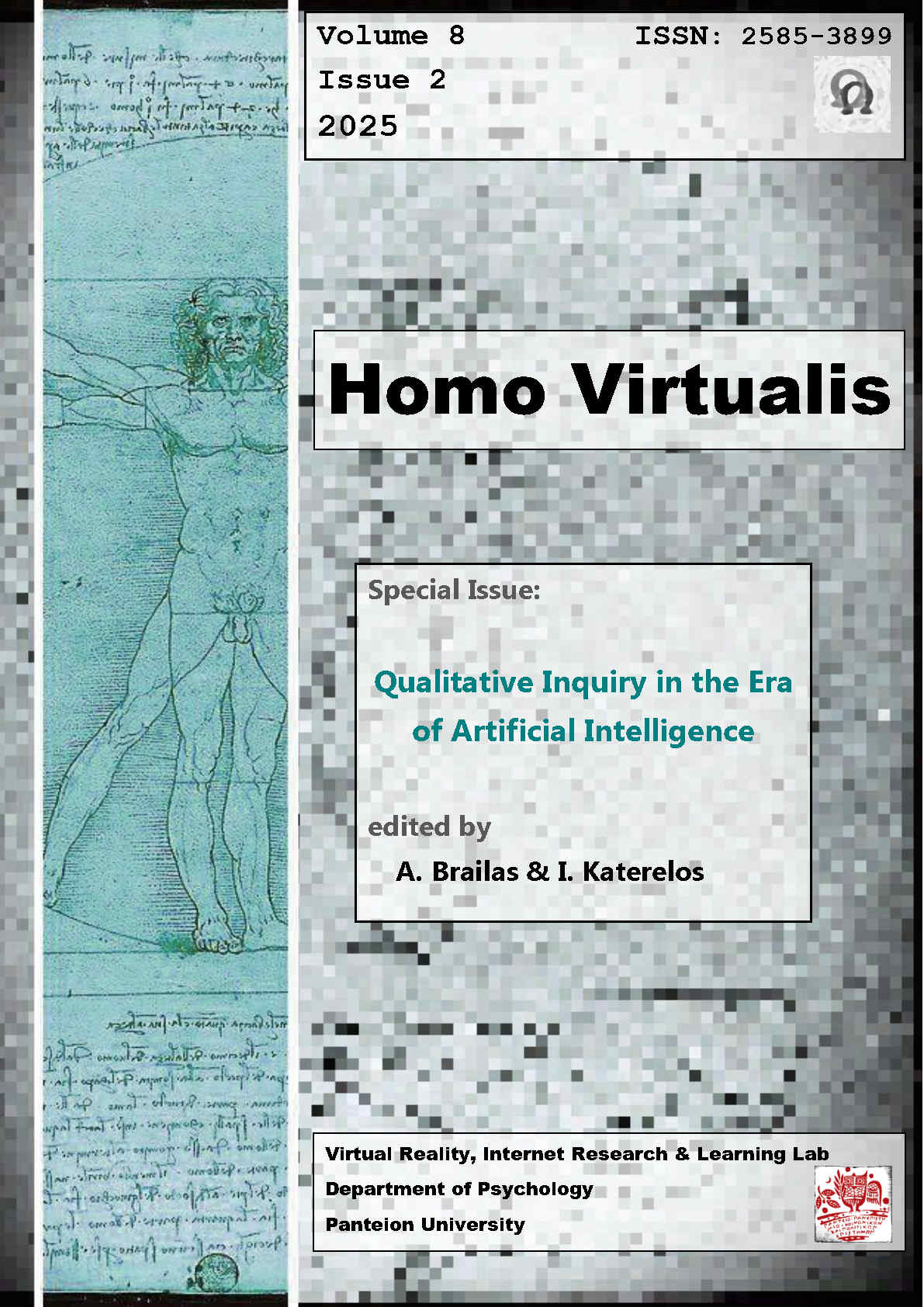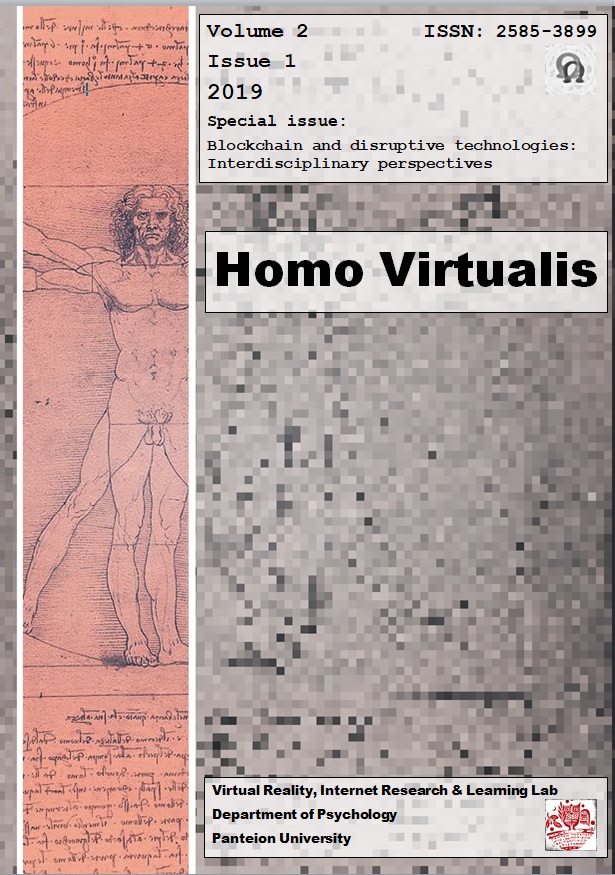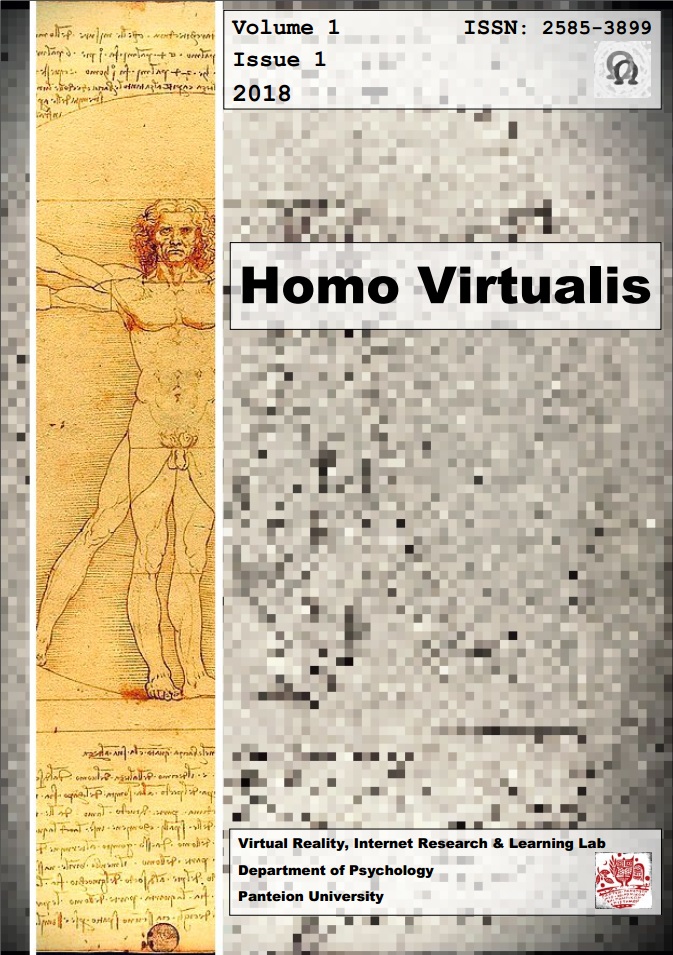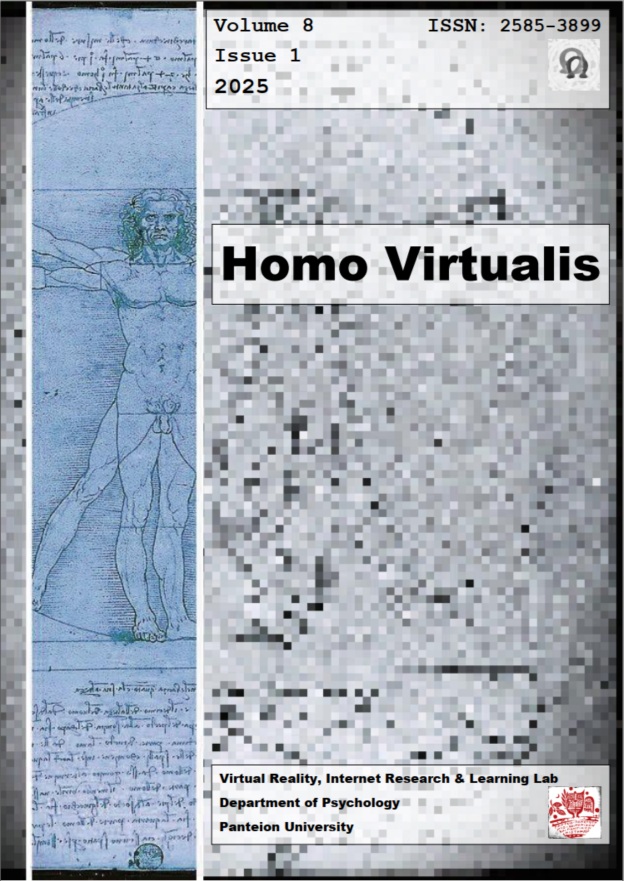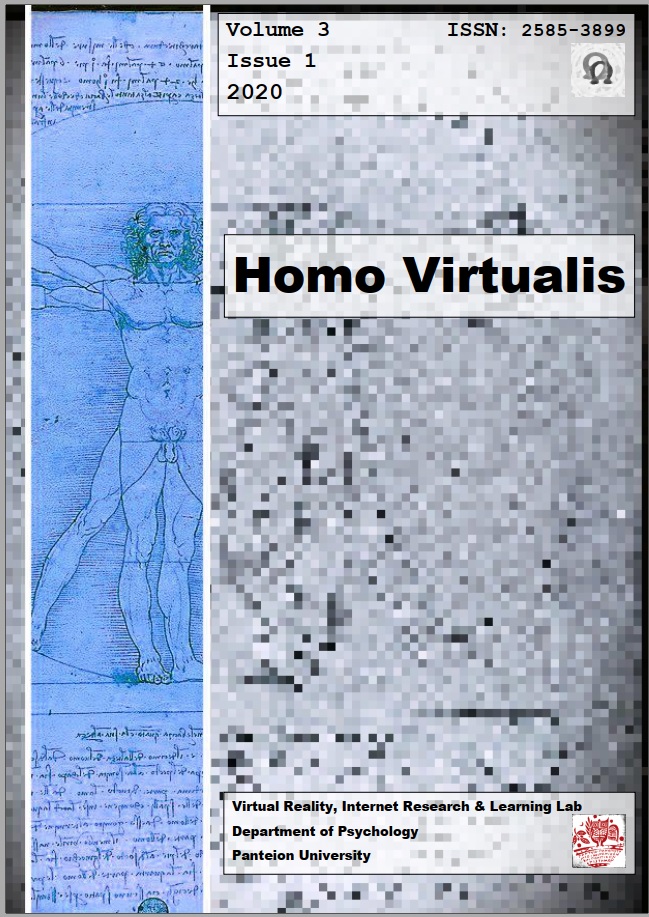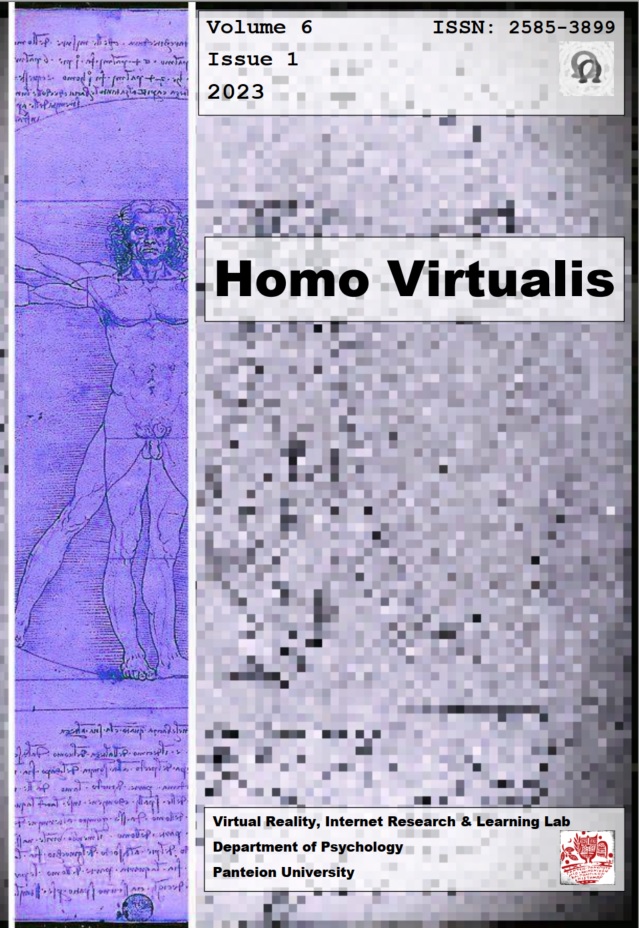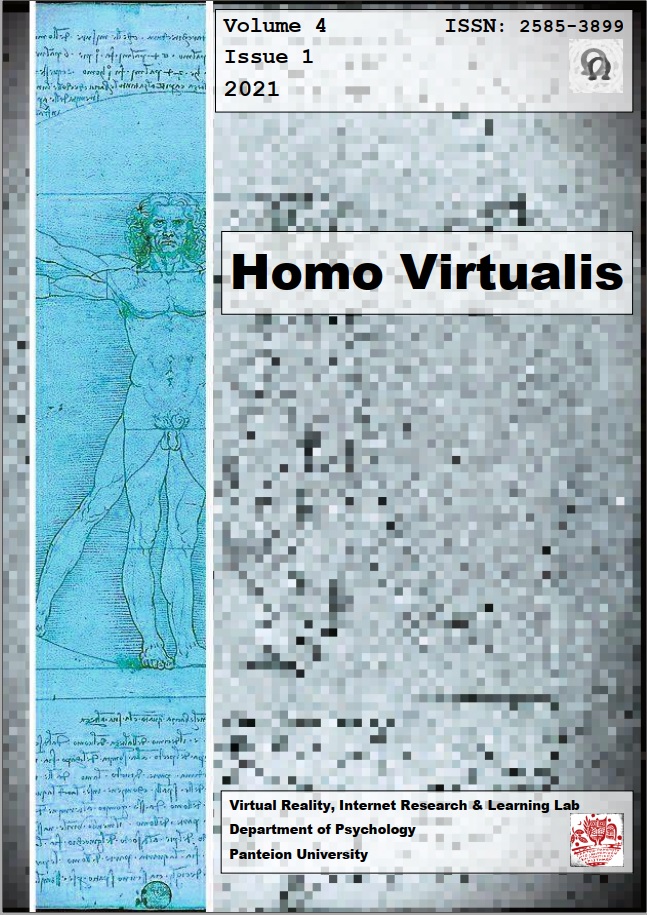Qualitative Inquiry in the era of artificial intelligence: Why and how to keep the practice human?
Περίληψη
How might our research practice, and our very way of knowing, change if, instead of rushing to feed qualitative data into ‘intelligent’ machines for the supposed ever optimal analysis, we returned our attention to the living moment of data production itself, treating it as an embodied, mindful, relational, and transformative act of co-creation, presence, and meaning-making that no algorithm can replicate? In this era of generative Artificial Intelligence (AI), qualitative research is at a crossroads. Large Language Models (LLMs) promise a more objective and efficient way to analyze vast volumes of qualitative data. This may seem like a magical solution for the positivist approach to qualitative inquiry, the so-called small q tradition. Yet, it also presents a dystopian prospect for the more interpretive, relational, culturally situated, and social-constructionist approaches of the big Q tradition. In the latter case, the risk is that the qualitative researcher becomes overshadowed by the machine, with the process losing its relational and generative capacities. This special issue addresses precisely this tension by showcasing a series of undergraduate research projects, demonstrating why it is so important to keep qualitative inquiry, and especially qualitative interviewing, a profoundly human practice. Generative AI is here to stay. The challenge now becomes how to make qualitative inquire even more process-oriented, relational, meaningful, embodied, and transformative, and how to use AI technologies in ways that serve this purpose.
Λεπτομέρειες άρθρου
- Πώς να δημιουργήσετε Αναφορές
-
Brailas, A., & Katerelos, I. (2025). Qualitative Inquiry in the era of artificial intelligence: Why and how to keep the practice human?. Homo Virtualis, 8(2), 1–24. https://doi.org/10.12681/homvir.43478
- Ενότητα
- Σημείωμα Έκδοσης

Αυτή η εργασία είναι αδειοδοτημένη υπό το CC Αναφορά Δημιουργού 4.0.
Οι συγγραφείς των άρθρων που δημοσιεύονται στο περιοδικό διατηρούν τα δικαιώματα πνευματικής ιδιοκτησίας επί των άρθρων τους, δίνοντας στο περιοδικό το δικαίωμα της πρώτης δημοσίευσης.
Άρθρα που δημοσιεύονται στο περιοδικό διατίθενται με άδεια Creative Commons 4.0 και σύμφωνα με την άδεια μπορούν να χρησιμοποιούνται ελεύθερα, με αναφορά στο/στη συγγραφέα και στην πρώτη δημοσίευση για μη κερδοσκοπικούς σκοπούς.
Οι συγγραφείς μπορούν να καταθέσουν το άρθρο σε ιδρυματικό ή άλλο αποθετήριο ή/και να το δημοσιεύσουν σε άλλη έκδοση, με υποχρεωτική την αναφορά πρώτης δημοσίευσης στο περιοδικό
Οι συγγραφείς ενθαρρύνονται να καταθέσουν σε αποθετήριο ή να δημοσιεύσουν την εργασία τους στο διαδίκτυο πριν ή κατά τη διαδικασία υποβολής και αξιολόγησής της.

